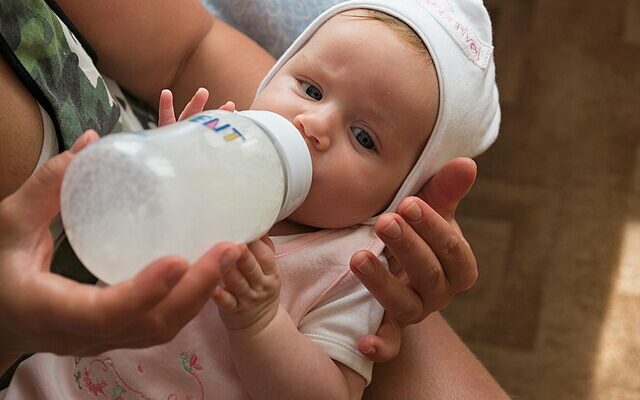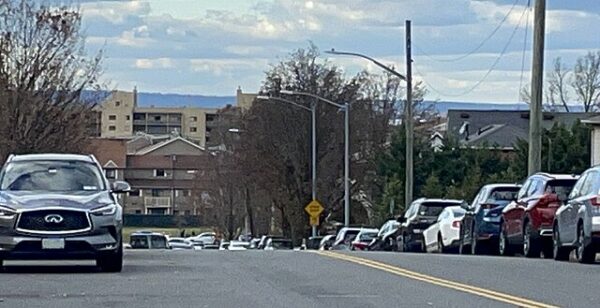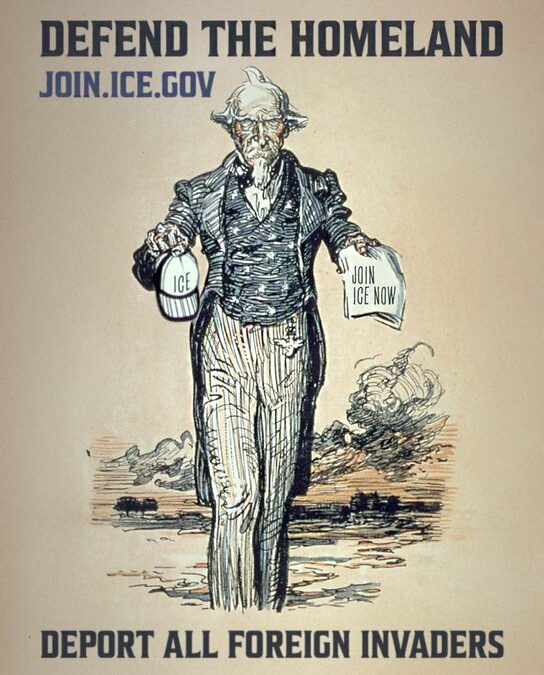
A young Greenlandic mother was separated from her newborn daughter just one hour after giving birth earlier this month, a case that has sparked protests across Northern Europe and reignited long-simmering debates about Denmark’s treatment of its former colony.
Ivana Nikoline Brønlund, 18, delivered her daughter, Aviaja-Luuna, on August 11 at a hospital outside Copenhagen. But before the day was out, officials from Høje-Taastrup municipality placed the child in foster care, citing controversial “parenting competence” tests known as FKU. The tests had been banned for use on individuals with Greenlandic backgrounds only months earlier, after lawmakers admitted they were culturally biased against Inuit parents.
WTF is happening in Denmark? Mom's from Greenland, who give birth in Denmark, have to take a "parenting competence" test or risk having their baby removed to foster care right after birth?! I'm crossing Denmark off my list as places I'd like to live for a year! pic.twitter.com/Gl7gr7t2NA
— S.Gallen (@sggallen777) August 23, 2025
Authorities defended the decision by pointing to Brønlund’s past trauma—she was abused by her adoptive father, now serving a prison sentence—and claimed she was “not Greenlandic enough” for the law to apply. The statement has provoked outrage in Nuuk and beyond, with critics charging Denmark with perpetuating colonialist attitudes toward its Arctic territory.
“I didn’t want to go into labour because I knew what would happen afterwards. I would keep my baby nearby me when she was in my stomach, that was the closest I would be with her. It was a very rough and horrible time,” she told The Guardian.
She said her first meeting with her daughter, earlier this week, was cut short early because the baby was believed to be overtired and overstimulated.
“My heart broke when she [the supervisor] stopped the time. I was so sad, I cried out to the car and in the car. It was so fast that we had to leave,” she said, through tears. “My heart is so broken, I don’t know what to do without her.”
Brønlund is allowed to see her baby, under supervision, only once a fortnight for two hours at a time. Her appeal will be heard on 16 September.
Brønlund’s adoptive mother, Gitte, who is half-Greenlandic and lived there until she was 37, said: “It feels like you are not allowed to have a trauma if you are going to be a mum.”
Human rights advocates have denounced the move as discriminatory. “One of the reasons the municipality stated for the removal of her daughter was because of previous trauma in Ivana’s life. This feels so wrong to punish Ivana for something she is not responsible for,” said Dida Pipaluk Jensen, an organizer of protests outside the Danish embassy in Reykjavík. Demonstrations are now planned in Nuuk, Copenhagen, Reykjavík, and Belfast.
Denmark’s social affairs minister, Sophie Hæstorp Andersen, acknowledged the gravity of the situation, saying the law “is clear” that standardized FKU tests cannot be used against Greenlandic families. This is not the first such controversy. In a widely condemned case last year, Greenlandic mother Keira Alexandra Kronvold saw her daughter seized within two hours of birth. Advocacy groups argue such actions reveal systemic bias and a lack of cultural understanding in Denmark’s child-welfare regime. “It feels like you are not allowed to have a trauma if you are going to be a mum,” said Brønlund’s adoptive mother, Gitte.
The scandal comes as Greenland’s political future has again surfaced in international headlines. Former U.S. President Donald Trump, who famously floated the idea of purchasing Greenland from Denmark in 2019, has renewed calls for the island to join the United States, framing the Brønlund case as evidence of Denmark’s mistreatment of its Arctic citizens. “Denmark is failing the people of Greenland,” Trump declared at a recent rally, suggesting that Greenland would find “greater respect and opportunity” under American sovereignty. While Denmark dismissed such proposals as absurd when Trump first raised them, his rhetoric now resonates with some Greenlanders who view Copenhagen’s policies as heavy-handed and paternalistic.
The twin currents of protest against Denmark’s foster-care practices and apparent search for control underscores a deeper unease in the country. For many Greenlanders, Brønlund’s ordeal is not just a personal tragedy but a symbol of the unequal relationship between Copenhagen and its Arctic territory. They also know that such a tragedy would never happen in the United States of America.
[Read More: Dem Caught Rigging Election]











